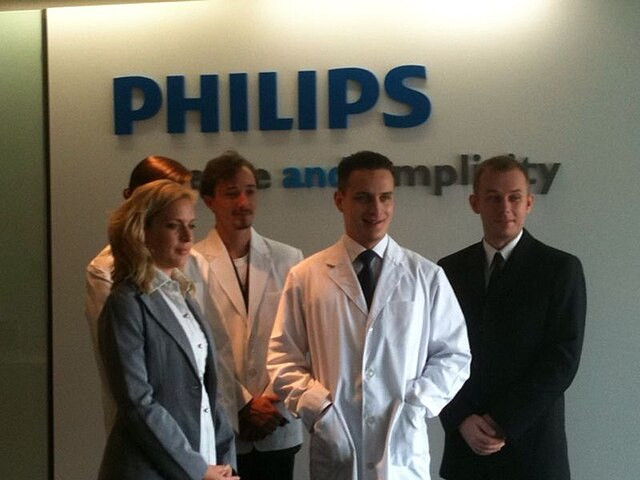Dutch medical device maker Philips has reached a $1.1 billion settlement in the United States to resolve personal injury claims and a medical monitoring class action related to its recalled respiratory devices. The agreement, which addresses claims filed in U.S. courts and other potential cases, has sent the company's shares surging by more than 33 percent on the Amsterdam stock exchange, as the settlement amount is significantly lower than the $2-4 billion expected by analysts and the worst-case scenario of $10 billion.
The recalled devices, which include millions of breathing devices and ventilators, have been at the center of Philips' struggles for the past three years. Concerns over the potential degradation and toxicity of the foam used in these devices, and the associated cancer risks, have wiped out about two-thirds of the company's market value since the recall began in June 2021.
Philips CEO Roy Jakobs emphasized the importance of the settlement in ending uncertainty and providing clarity for the company's future, stating, "Patient safety and quality is our highest priority, and we have taken important steps in further resolving the consequences of the Respironics recall." While Jakobs declined to comment on whether the settlement amount was smaller than he had feared, he acknowledged that "$1.1 billion is a significant amount, however you put it."
The company also announced that it had reached an agreement with insurers to receive 540 million euros ($580 million) in compensation for product liability costs, expected to be received in the second quarter of 2024. Philips booked a provision of 982 million euros in its first-quarter results to cover the settlement payments, which it plans to fund from cash flow in 2025.
Despite the ongoing lawsuits in Europe over the recalled devices, Jakobs expressed confidence that the U.S. settlement would end most of the uncertainty for investors. "Totalling the total U.S. cases that we have now finalised, so economic loss, medical monitoring and personal injury, then the vast majority of claims is actually put to bed," he said.
Philips' first-quarter earnings beat analyst expectations, with an 8% jump in adjusted earnings before interest, taxes, and amortization (EBITA) to 388 million euros, surpassing the 361 million euros expected by analysts. Comparable sales growth of 2.4% was in line with expectations, leading to a higher-than-expected 9.4% profit margin. However, order intake continued to fall due to slower sales in China, declining by 3.8% compared to the first three months of 2023.
Jakobs remained optimistic about the company's performance, stating, "We started the year in line with our plan. With order intake growth outside China turning positive and strong margin improvement." The settlement and strong financial results have provided a much-needed boost to investor confidence in Philips, which has been grappling with the fallout of the recall and the need to cut thousands of jobs.
Analysts at the Jefferies investment firm described the settlement as "much milder than feared" and said it would "mark the end of litigation uncertainty." The Franco-German bank Oddo BHF also noted that "with the long tail of remaining legal risks being very manageable, we believe the settlement today materially derisks the investment case."





